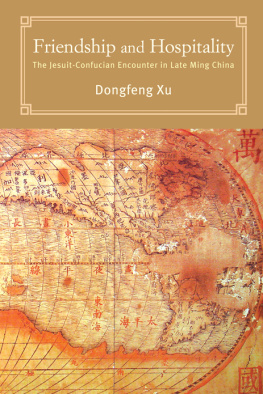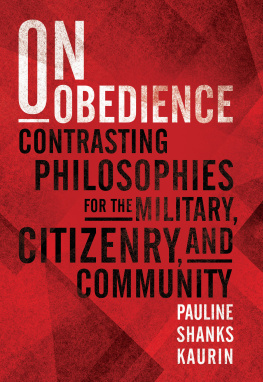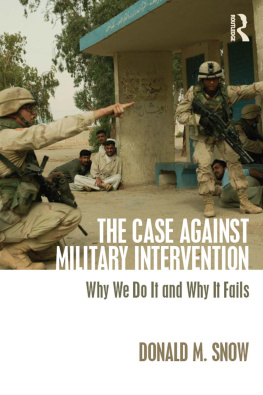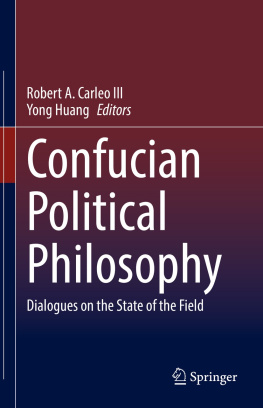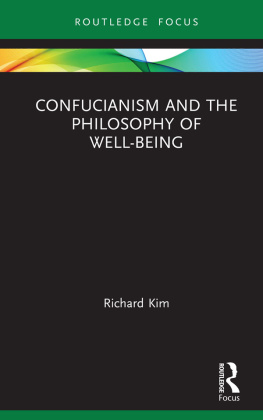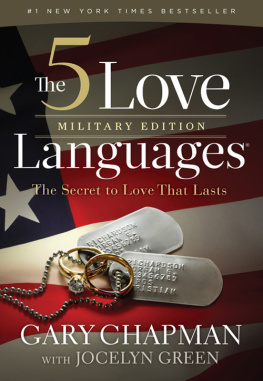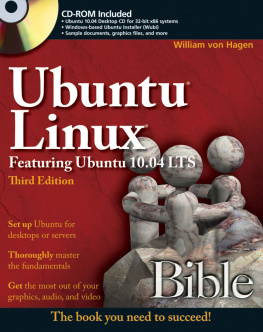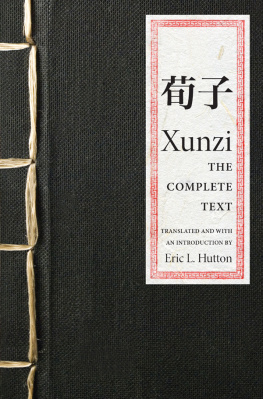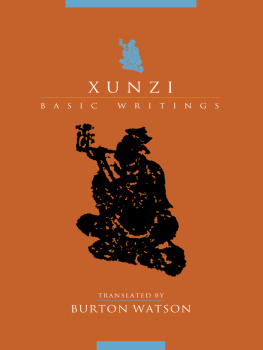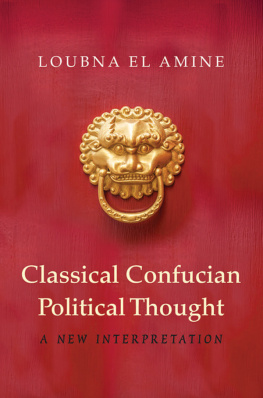Ackerman, Peter and Jack DuVall. 2000. A Force More Powerful: A Century of Nonviolent Conflict. New York: St. Martins Press.
Ames, Roger T. 1993. Sun-Tzu The Art of Warfare. New York: Ballantine Books.
Ames, Roger T. and David L. Hall. 2003. Daodejing: Making This Life Significant. New York: Ballantine Books.
Ames, Roger T. and Henry Rosemont, Jr. 1998. The Analects of Confucius: A Philosophical Translation. New York: Ballantine Books.
Anscombe, G. E. M. 1958. Modern Moral Philosophy. Philosophy 33.124.
Arendt, Hannah. 1970. On Violence. New York: Harcourt, Brace and World.
Bai, Tongdong. 2012. China: The Political Philosophy of the Middle Kingdom. New York: Zed Books.
Ball, Howard. 2007. Bush, the Detainees, and the Constitution: The Battle over Presidential Power in the War on Terror. Lawrence, Kansas: University Press of Kansas.
Bawden, Charles R. 2020. Kublai Khan. Encyclopdia Britannica, published January 1, 2020, accessed December 29, 2020. https://www.britannica.com/biography/Kublai-Khan
Bell, Daniel A. 2008. Just War and Confucianism: Implications for the Contemporary World. In Confucian Political Ethics, edited by Daniel Bell, 226-256. Princeton, NJ: Princeton University Press.
Berling, Judith A. 2004. Confucianism and Peace Building. In Religion and Peacebuilding, edited by Harold Coward and Gordon Smith, 93-110. Albany: SUNY University Press.
Bugliosi, Vincent. 2008. The Prosecution of George W. Bush for Murder. New York: Vanguard Press.
Byrne, Rebecca. 1974. Harmony and Violence in Classical China: A Study of the Battles of the Tso-Chuan. University of Chicago Ph.D. dissertation.
Cady, Duane. 2010. From Warism to Pacifism: A Moral Continuum (2nd edition). Philadelphia: Temple University Press.
Calhoun, Laurie. 2002. How Violence Breeds Violence: Some Utilitarian Considerations. Politics 22.2: 95-108.
Chan, Joseph. 2008. Confucian Attitudes toward Ethical Pluralism. In Confucian Political Ethics, edited by Daniel A. Bell, 113-138. Princeton, NJ: Princeton University Press.
Chan, Joseph. 2014. Confucian Perfectionism: A Political Philosophy for Modern Times. Princeton, NJ: Princeton University Press.
Chen, Frederick Tse-shyang. 1999. The Confucian View of World Order. In Religion and International Law, edited by Mark W. Janis and Carolyn Evans, 27-49. Cambridge, MA: Kluwer Law International.
Chenoweth, Erica and Maria Stephan. 2011. Why Civil Resistance Works: The Strategic Logic of Nonviolent Conflict. New York: Columbia University Press.
Ching, Julia. 2004. Confucianism and Weapons of Mass Destruction. In Ethics and Weapons of Mass Destruction: Religious and Secular Perspectives, edited by Sohail H. Hashmi and Steven P. Lee, 246-269. New York: Cambridge University Press.
Clausewitz, Carl von. 1968. On War. Edited by Anatol Rapoport. New York: Penguin Books.
Coady, David. 2006. Conspiracy Theories: The Philosophical Debate. Burlington, VT: Ashgate.
Coady, David. (ed.) 2007. Episteme: A Journal of Social Epistemology 4.2 (Special Issue: Conspiracy Theories).
Daly, Herman E. 2001. Globalization and its Discontents. Philosophy and Public Policy Quarterly 21.2/3 (Spring/Summer 2001): 17-21.
DeHaven-Smith, Lance. 2010. State Crimes Against Democracy in the War on Terror: Applying the Nuremberg Principles to the Bush-Cheney Administration. Contemporary Politics 16.4 (December): 403-420.
Dentith, M R. X., ed. 2018. Taking Conspiracy Theories Seriously. Lanham, MD: Rowman & Littlefield.
Donnelly, Thomas. 2000. Rebuilding Americas Defenses: Strategy, Forces and Resources. The Project for the New American Century (PNAC).
Doward, Jamie, Gaby Hinsliff, and Mark Townsend. 2009. Confidential Memo Reveals US Plan to Provoke an Invasion of Iraq. The Observer, June 20, 2009. https://www.theguardian.com/politics/2009/jun/21/iraq-inquiry-tony-blair-bush
Fairbank, John K. 1974. Introduction: Varieties of the Chinese Military Experience. In Chinese Ways in Warfare, edited by Frank Kierman and John K. Fairbank, 1-26. Cambridge, MA: Harvard University Press.
Ferguson, John. 1978. War and Peace in the Worlds Religions. New York: Oxford University Press.
Fingarette, Herbert. 1972. Confucius: The Secular as Sacred. New York: Harper Torchbooks.
Finn, Peter and Sari Horwitz. 2012. Holder: U.S. Can Lawfully Target American Citizens. Washington Post, March 5, 2012. https://www.washingtonpost.com/world/national-security/holder-us-can-lawfully-target-american-citizens/2012/03/05/gIQANknFtR_story.html
Fisher, Louis. 2008. The Constitution and 9/11: Recurring Threats to Americas Freedoms. Lawrence, KS: University Press of Kansas.
Ford, Christopher. 2010. The Mind of Empire: Chinas History and Modern Foreign Relations. Lexington: University Press of Kentucky.
Fraser, Chris. 2016. The Philosophy of the Mozi: The First Consequentialists. New York: Columbia University Press.
Goldin, Paul Rakita. 2011. Confucianism. Durham, UK: Acumen.
Graham, A. C. 1989. Disputers of the Tao: Philosophical Argument in Ancient China. La Salle, IL: Open Court.
Hagen, Kurtis. 1996. A Chinese Critique on Western Ways of Warfare. Asian Philosophy 6.3 (November): 207-217.
Hagen, Kurtis. 2007. The Philosophy of Xunzi: A Reconstruction. La Salle, IL: Open Court.
Hagen, Kurtis. 2010a. Is Infiltration of Extremist Groups Justified? International Journal of Applied Philosophy 24.2: 153-168.
Hagen, Kurtis. 2010b. The Propriety of Confucius: A Sense-of-Ritual. Asian Philosophy 20.1 (March): 1-25.
Hagen, Kurtis. 2011a. Conspiracy Theories and Stylized Facts. Journal for Peace and Justice Studies 21.2: 3-22.
Hagen, Kurtis. 2011b. Xunzi and the Prudence of Dao: Desire as the Motive to Become Good. Dao: A Journal of Comparative Philosophy 10.1 (March): 53-70.
Hagen, Kurtis. 2016a. Project for a New Confucian Century. In A Future Without Borders: Theories and Practices of Cosmopolitan Peacebuilding, edited by Eddy Souffrant, 168-189. New York: Brill/Rodopi.
Hagen, Kurtis. 2016b. Would Early Confucians Really Support Humanitarian Interventions? Philosophy East and West 66.3 (July): 818-841.
Hagen, Kurtis. 2018a. Conspiracy Theories and Monological Belief Systems. Argumenta (Journal of the Italian Society for Analytic Philosophy), special issue on the ethics and epistemology of conspiracy theories.
Hagen, Kurtis. 2018b. Conspiracy Theories and the Paranoid Style: Do Conspiracy Theories Posit Implausibly Vast and Evil Conspiracies? Social Epistemology 32.1: 24-40.
Hagen, Kurtis. 2018c. Conspiracy Theorists and Social Scientists. In Taking Conspiracy Theories Seriously, edited by M. R. X. Dentith, 125-140. London: Rowman and Littlefield.
Hagen, Kurtis. 2019. From Patterning to Governing: A Constructivist Interpretation of the Xunzi. In The Bloomsbury Research Handbook of Early Chinese Ethics and Political Philosophy, edited by Alexus McLeod, 45-65. New York: Bloomsbury.
Hagen, Kurtis. 2020a. Should Academic Debunk Conspiracy Theories? Social Epistemology 34.5: 423-439.
Hagen, Kurtis. 2020b. Is Conspiracy Theorizing Really Epistemically Problematic? Episteme, 1-23. doi:10.1017/epi.2020.19.
Hagen, Kurtis (forthcoming). Conspiracy Theories and the Academy: A Philosophical Critique. Ann Arbor, MI: University of Michigan Press.
Hagen, Kurtis, and Steve Coutinho. 2018. Philosophers of the Warring States: A Sourcebook in Chinese Philosophy


